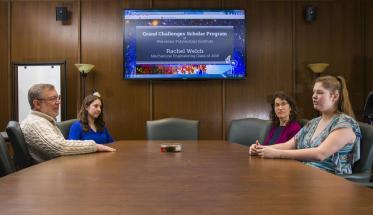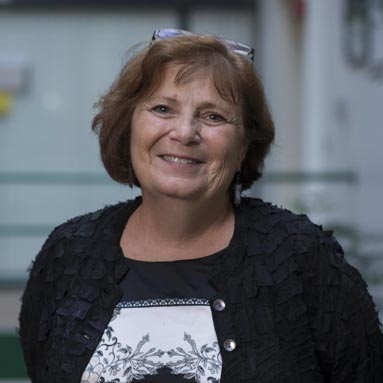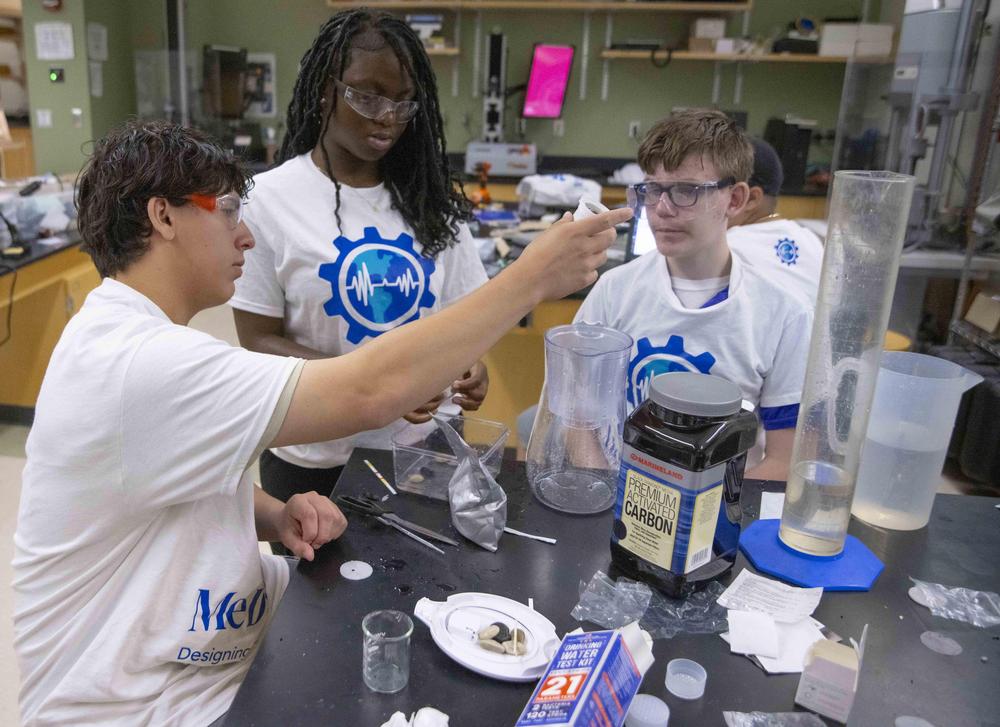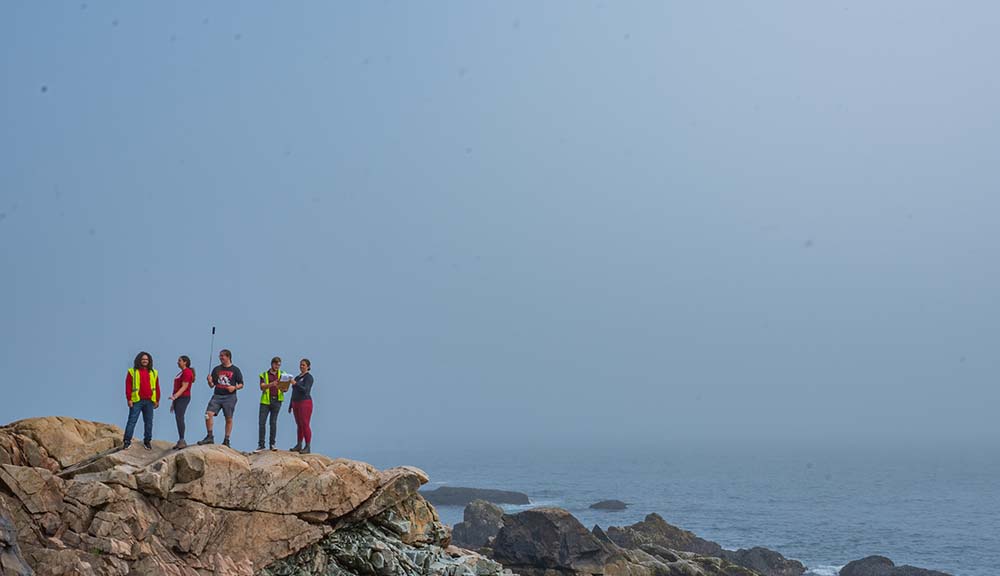When the National Academy of Engineering named WPI a Grand Challenges Scholars School last summer, it recognized the university’s most fundamental goal—preparing scientists and engineers to look beyond their technical skills and use their education to do social good. Within the context of the 14 Grand Challenges for Engineering, students are tasked with understanding their roles in the world as global citizens.
While WPI excels at educating students with precise and advanced academics, it also reaches for a much more difficult goal, says Karen Kashmanian Oates, professor of biology and biochemistry, who with David Spanagel, professor of humanities and arts, applied to the Academy on behalf of the dean of arts and sciences, engineering, and the Foisie Business School.
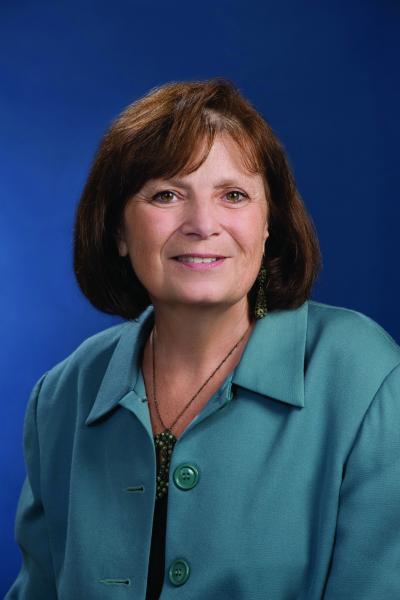
Karen Kashmanian Oates
WPI gives students a rigorous education, but then uses distinctive project-based work to show students how to use that education to make a positive social change in the world. “That’s what educated people do,” says Oates. “They know what to do with their education. Education is more than 45 classes and 125 credits. If that’s all we are about, then we are in trouble.”
The international designation is another point of pride for the university and gives students the distinction of graduating with this credential. “The recognition of WPI as a Grand Challenges Scholars School is further confirmation of the holistic approach WPI has adopted as a strategy for STEM education,” says Wole Soboyejo, Bernard M. Gordon Dean of Engineering. “Our approach prepares future ethical leaders with a deep understanding of local/global grand challenges and the character to tackle these challenges with soft and hard skills.”
Grand Challenges Scholars Program co-directors Chrysanthe Demetry, associate professor of mechanical engineering, and Stephen Kmiotek, professor of practice in chemical engineering, say this initial year sets the stage for a sustainable program. Grand Challenges Scholars must demonstrate proficiency in five pillars, or competencies, including research, multidisciplinary, business or entrepreneurship, multicultural, and social consciousness. The program is also part of the WPI Strategic Plan’s Major and a Mission initiative, says Demetry. “The program helps students think of their education as more than their major,” she says. “They connect their education with achieving a passion.”
Eventually, students in the program will develop e-portfolios with a distinct goal of making purposeful and thoughtful choices in their courses, extracurricular activities, leadership roles, and other areas to ensure they get the most from a WPI education. “The program also provides space to reflect and connect,” says Demetry. “When students are given the space to do that, their learning experience deepens.”
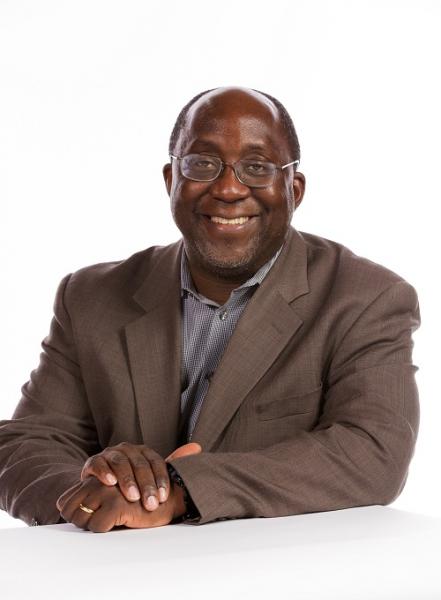
Wole Soboyejo
This year’s pilot cohort of a dozen or so students were invited to participate and determine the best way to move the program forward. “They jumped at the opportunity to develop the program and help other students,” says Kmiotek.
They are being asked to help shape the program in a way that will best reflect the work students do at WPI. “They are unlike the future cohorts because they are building e-portfolios to reflect on their academic work and their personal experiences in hindsight, rather than in more frequent periods,” says Demetry. “It’s a wonderful opportunity to reflect on their four years and to tell the story of how WPI enabled them to have a personalized education.”
Robotics major Taylor Stephen ’18 says the program helps him piece the puzzle together. “With our engineering background, we have the foundation to our work, but it’s what we do beyond the walls of our degree that benefits the rest of the world,” he says. “The goal of the program is to foster the mindset that being a Grand Challenges Scholar is simply what you make of your experiences and the roles you assumed during your undergraduate years.”
Next year a group of 10 current juniors will continue to build on the program’s details, and additional students will be invited to apply in freshman and sophomore years to bring the total cohort to 30. With help from Demetry and Kmiotek and other advisors and mentors across campus, the students will build their e-portfolios with a purpose and intention to build on the core competencies reflecting their interests and using WPI’s courses and projects to sharpen their focus. Demetry says the program will accept more students in coming years.
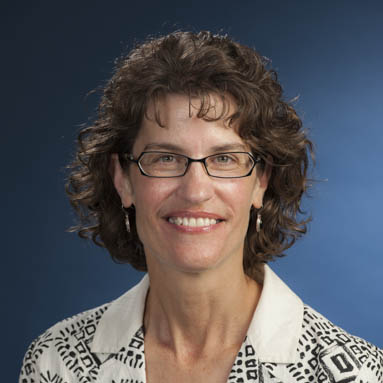
Chrysanthe Demetry
Mechanical engineering major Ryan Rigney ’18 met all the criteria but was nonetheless surprised by the invitation. His story is fairly typical of the ways a WPI student is encouraged to go into the world and make a change.
Rigney’s well-rounded resume mirrors that of others in the program—it includes a business minor, leadership roles, philanthropic work, and study abroad. He says his junior year IQP in Namibia changed him forever. “I never even thought I would study abroad,” he says, “and this was the best experience I had in all my years at WPI.” While working on his e-portfolio, he saw how all his activities exemplified the five competencies, but it also made him realize the effect of his years at WPI and his motivation for participating. “My goal is to help create meaningful impact in the world in any way I can," he says. "If I can help another student in any way, this is my goal.”
Holly Nguyen ’18, a computer science major, says the e-portfolio, though challenging, highlighted the connections in her academic work and in her activities out of the classroom. “I think reflection is something that isn’t always incorporated into education and this is a fantastic opportunity to compile information,” she says. “This program, in my mind, puts a name and a structure around the opportunities and hard work that students already accomplish every day at WPI.”
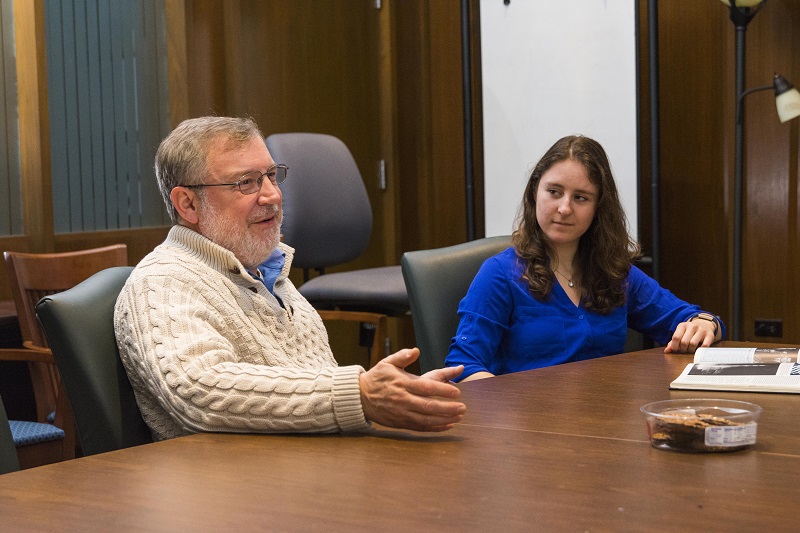
Stephen Kmiotek
Soboyejo says the structured approach and the guided advising helps shape future engineering leaders. “Such preparation will build on our strong foundation in project-based learning, leadership qualities that are informed by multi-faceted perspectives, and skills that will enhance their success as they go out into the world,” he says.
The extra steps to integrate and reflect on their technical work, non-technical work, and personal experiences will enable them to have an impact more quickly in organizations or in their grad work on very complex societal problems, says Demetry. “They will be more effective scientists and engineers because they can look at problems with multiple lenses and business perspectives,” she says. “Because of the reflection, they will be able to communicate much more persuasively what their abilities are and what they have learned.”
The students say connecting with each other has been an unexpected bonus from the process. “I see us all going on to do great things,” says Rigney. “This is a bunch of well-rounded, fun people to be with. That’s what this is all about.”
For more information, see the program’s web presence. Applications for next year’s cohort are due in late March.
- By Julia Quinn-Szcesuil
